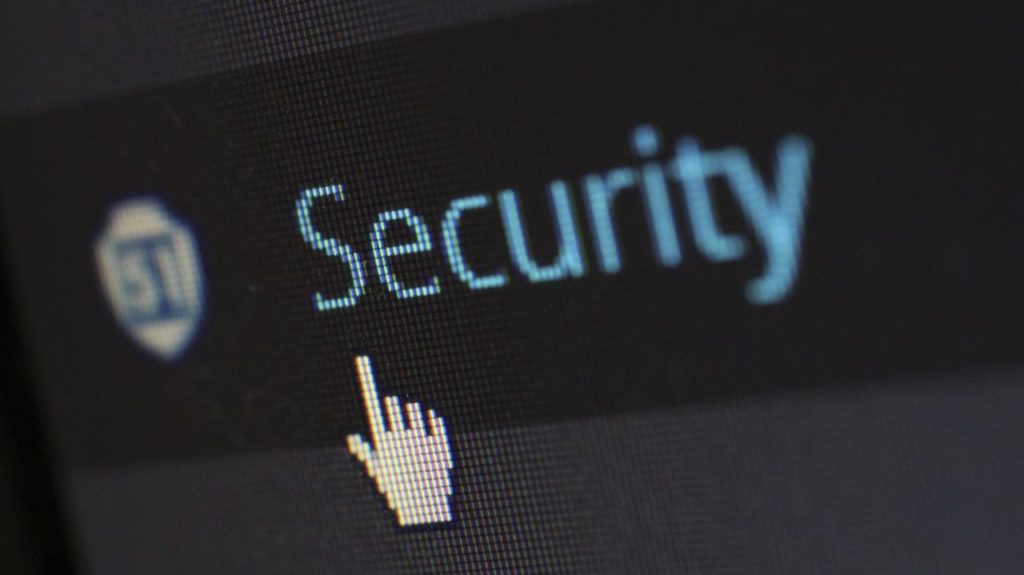While it’s true that small and large businesses often have very different goals, priorities, practices, and techniques, one thing that they both share is a concern for cybersecurity. This concern is not only understandable but is supported by facts. According to numbers from a Bitdefender study, 57% of companies have had some sort of cybersecurity breach within the past three years. Additionally, 24% have already reported breaches in the first half of 2019.
These breaches are not only a threat to the security of data and information held by these victim companies. Data breaches are now costing the average enterprise $1.41 million (as of 2018) if they don’t have an internal cybersecurity department in place.
Though breaches themselves are extremely concerning for businesses of all sizes, that the numbers aren’t decreasing or even slowing down also presents a new opportunity. There is a real need for cybersecurity specialists and analysts in today’s world. If you’ve been toying with the idea of starting your own cybersecurity consultancy and using today’s trends to leverage your own career, then these tips can help you get started.
RELATED CONTENT: WHY AN IT GUY IS ESSENTIAL IN 2019
Get Your Masters in Cybersecurity
In order to properly address the many cybersecurity issues of today, you must be educated. Now is the time to obtain your master’s degree in Cybersecurity. You can even obtain your MA Cyber Security through an online program, such as the one offered through St. Bonaventure University Online.
An online program gives you the flexibility of doing all your studying and work from home. Class schedules are flexible, so you can continue to work while you learn. Additionally, schools offer a variety of start dates to choose from so you don’t have to wait months or even a full year to begin.
Your master’s degree will prepare you to work in a cybersecurity department for the government, military, law enforcement, health care, banking, and corporations of all sizes. Alternately, you can take the consultancy route and start your own business. Experts are predicting that by the year 2021, there will be a massive global shortage of professional cybersecurity analysts, which means your skills will be very much in demand.

Start-Up Clientele
Once you’ve earned the proper training and credentials, it’s time to start thinking about your business in terms of a mission statement and plan. One element of your mission focuses on clientele. Don’t limit who your clients are. You may want to ultimately specialize in a particular niche.
Remember, companies’ cybersecurity needs span the whole of industry and commerce. So, when you are first getting started, focus on establishing your consultancy so you can build recognition and branding in the industry. Working with a wide variety of clients will give you the experience you need to become known and trusted. Also, working with a wide variety of clients in various industries enables you to increase your knowledge and skills. All these factors only help your efforts to specialize later.
Offer Competitive Cybersecurity Pricing
It’s also a good idea to do a little research on your competition in terms of what their rates are. You want to be sure you aren’t drastically underpricing or over-pricing your services. The goal should be to offer competitive and fair prices. Remember, these prices don’t have to be set in stone. As you grow and offer more expertise, you can re-examine your rates.
Marketing Plan
In order to get the word out, you’re going to need a very robust marketing plan. Obviously, your budget will be very tight as a start-up company. Still, marketing should be seen as an investment in the success of your company. Opting for online marketing tools and techniques will help save a little money while getting the maximum return on your investment.
You may also consider hiring a marketing firm that can put together your plan, implement it, and track the results. Though this is a larger up-front investment, you ensure that your business is marketed in the most professional manner possible. After all, your skills will be in cybersecurity, not marketing!
Patience, Patience, Patience
The final tip really applies to entrepreneurs in all industries. Above all else, practice patience. Starting your own business is risky. There will be challenges and it will take a lot of hard work and time. Stick with it, keep a positive attitude, and be prepared to react to market trends and changes so you can capitalize on them.
